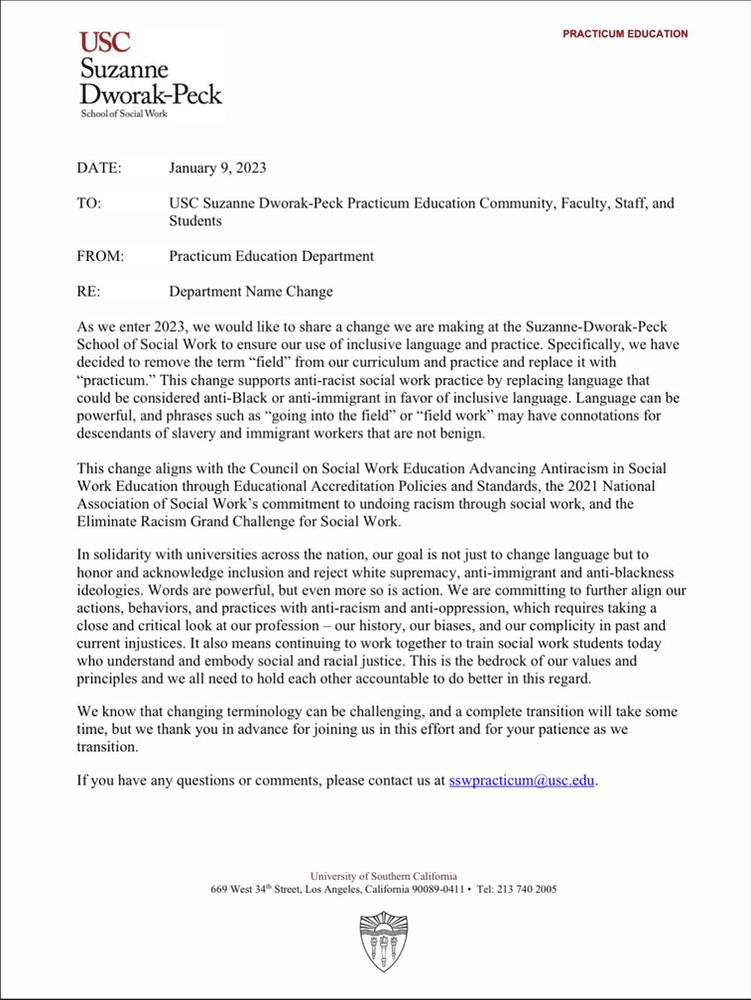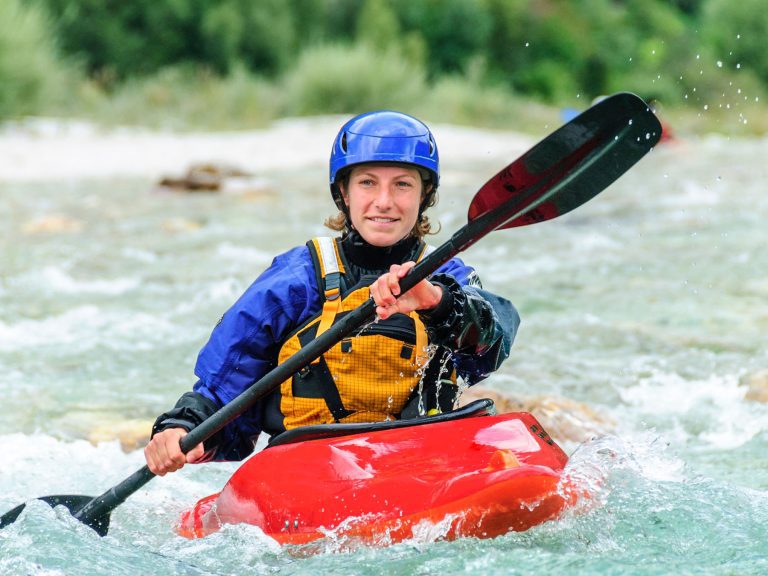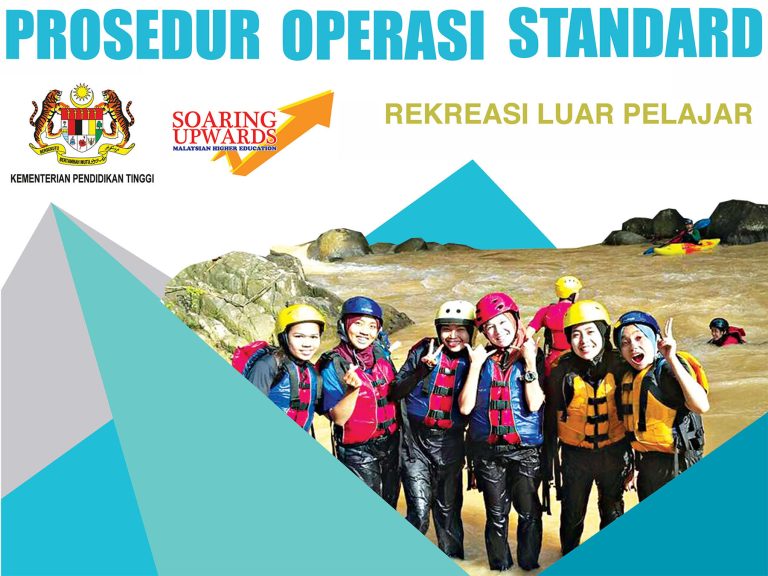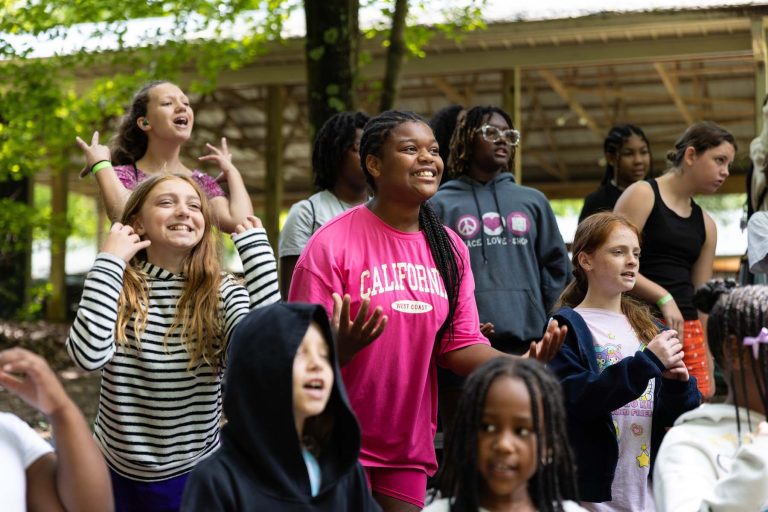Social workers and others replace “field” with alternate words in recognition of its connection to slavery in the USA
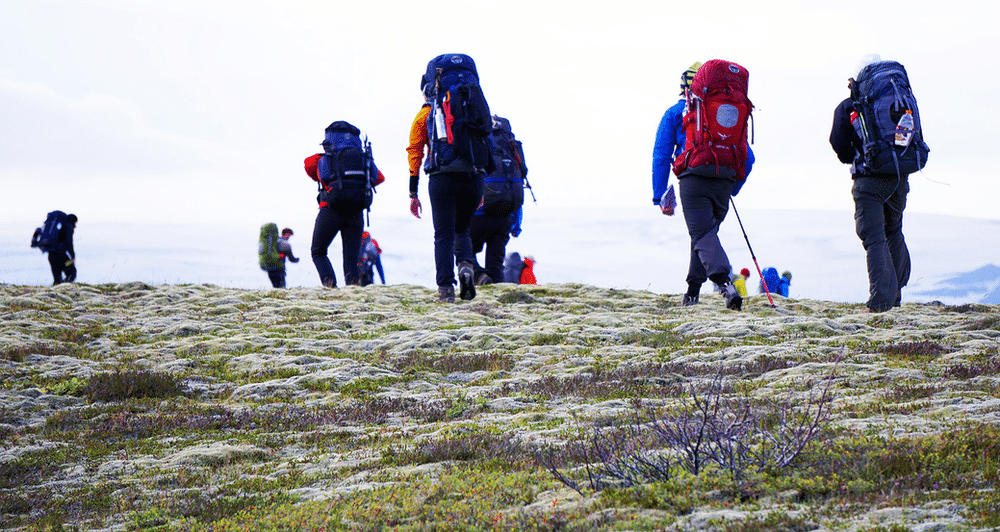
A group heads into the out-of-doors. Image: Gabriel Côté-Valiquette
At the University of Southern California, the Office of Practicum Education recently changed its name from the Office of Field Education in an effort to be more inclusive and support anti-racist practice. The Office of Practicum Education is a part of USC’s School of Social Work.
The social work school noted that phrases like “going into the field” may have negative connotations for descendants of slavery and immigrant workers.
The School of Social Work also said that replacing “field” with “practicum” aligned with the Council on Social Work Education Advancing Antiracism in Social Work Education through Educational Accreditation Policies and Standards, and the National Association of Social Work’s antiracism commitment.
The school noted that actions are more powerful than words, and committed to aligning their actions with anti-racism and anti-oppression.
The change only applies to the Office of Practicum Education, and not across all of the University of Southern California, which will continue to use the word “field” elsewhere in the institution.
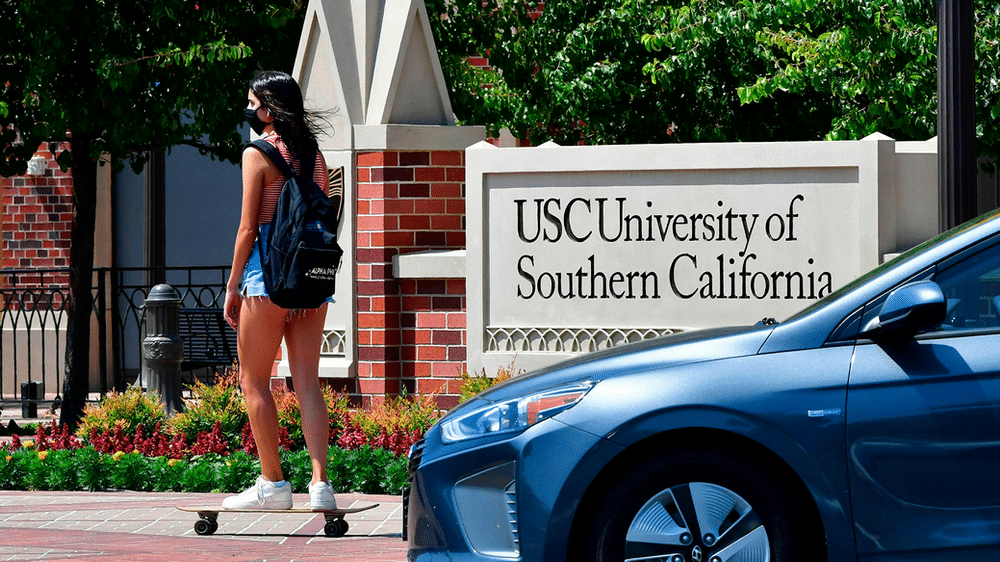
Context
California State University Northridge had previously made the same shift, as they decided to no longer use the term “field” to refer to internships. The University noted, “’field’ and ‘fieldwork’ connote the antebellum south, where slaves and indigenous people were sent to work for free on behalf of their owners.” (Antebellum refers to the historical period when slavery was legal in the USA.) The school now uses the word “practicum” instead, as part of its refusal to be complicit in perpetuating white supremacy and colonialism.
Offices within the Michigan (USA) health department also reportedly eliminated use of the terms “field” and “field work,” using terms like “local office” and “community staff” instead.
Across the USA, terms that have connections to slavery and racism are being removed, although there is predictable resistance. The US Department of the Interior has renamed mountains and rivers with racist names. Private companies and sports teams have renamed teams and removed racist terminology.
In Canada, The Girl Guides of Canada are renaming their “Brownies” branch to “Embers,” in an effort to be inclusive. (Embers are seven- and eight-year-old girls.) Although the term “brownies” comes from Scottish folklore, indicating fairies, the term prompted teasing and racist comments, and its replacement is meant to remove barriers for racialized girls and women.
The term “field work” has been traced to meanings regarding doing research out-of-doors or installing temporary military fortifications. However, as with the word that “Embers” replaced in Canada, word origin may be irrelevant if the word causes harms today.
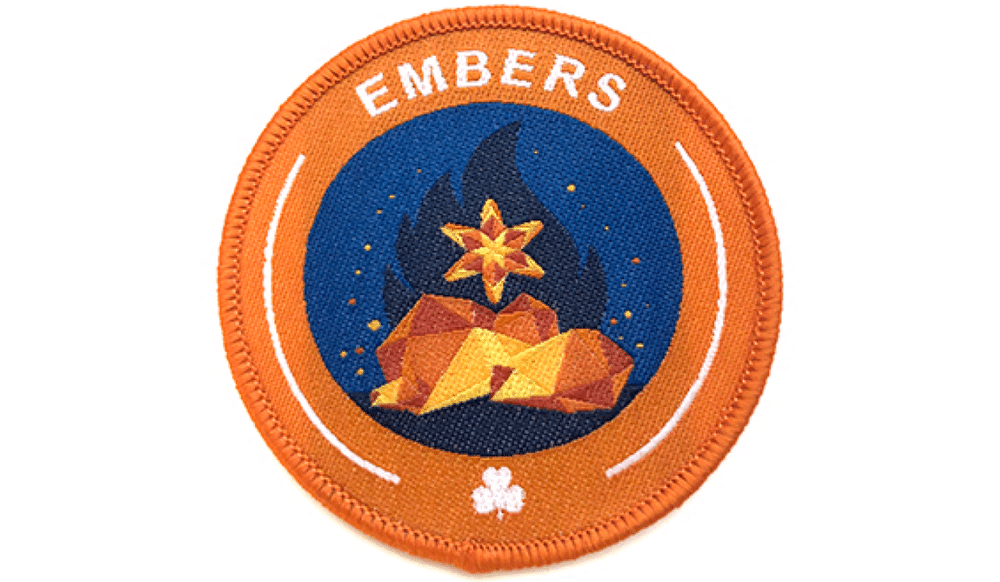
Image: Girl Guides of Canada
Implications for Outdoor Programs
Outdoor programs in the USA commonly use the term field, for example describing employees who lead outdoor experiences as “field staff” and referring to groups in the out-of-doors as being “in the field.”
Leaders of outdoor education and recreation programs in the USA might consider their use of “field” and related terms, and how it does or does not align with their aims for equity and inclusion.
Each country has a different experience of racism, slavery, and exclusion. So what’s seen as inclusive language in the USA may be different from terms seen as inclusive elsewhere.
